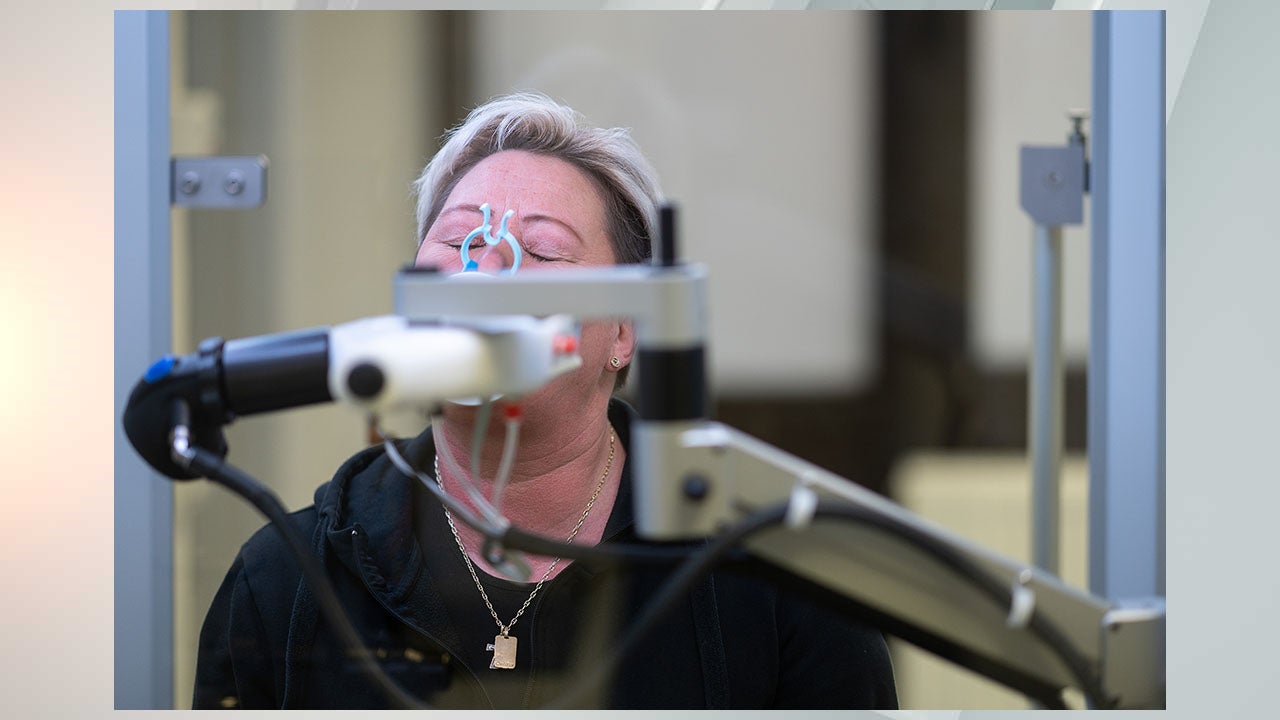Survey: More than 17% of US adults experienced long COVID
(WISH) — Five years since the start of the COVID-19 pandemic, coronavirus still has a strong hold on people in the United States in the form of long COVID.
That’s according to an article posted Monday on USNews.com and a follow-up with the U.S. Centers for Disease Control. Even with accessible treatments and tests, the coronavirus still is impacting health in the United States.
More than 17% of U.S. adults reported having ever experienced symptoms of long COVID as of February, according to the Household Pulse Survey. Extrapolated to the U.S. population, it would mean more than 45 million adult Americans have had long COVID.
This year, the U.S. government has not been as strict with its coronavirus guidance and officially in May ended its national emergency declarations in perhaps the largest symbolic step away from the pandemic.
Long COVID is a condition involving new, returning or ongoing health problems four or more weeks after initial coronavirus infection. Symptoms are wide-ranging and can include fatigue, difficulty thinking or concentrating, memory problems (or “brain fog”), difficulty breathing, joint or muscle pain, fast-beating or pounding heart, chest pain, dizziness after standing, menstrual changes, changes to taste and smell, and inability to exercise.
People who experience long COVID – and, to a lesser extent, a mild COVID-19 infection by itself – show a cognitive decline of several IQ points, according to a study published last week in the New England Journal of Medicine.
The condition isn’t limited to adults. Young adults and children can also have long COVID, with more than 1% of kids ever having long COVID as of 2022, according to a national survey.
Dr. Lynn Goldman, the dean of the Milken Institute School of Public Health at George Washington University, helped study the prevalence of long COVID at the university, finding 36% of students, faculty, staff and other campus community members who tested positive for the coronavirus.
Long COVID has no approved treatments or tests. While the condition is more common in people who had severe COVID-19, even people who were asymptomatic can develop it. Unlike the virus itself, which can run its course in a week or maybe two, long COVID – like its name suggests – can afflict a patient for weeks, months or even years. Its cause – or, more likely, causes – remain unknown.



